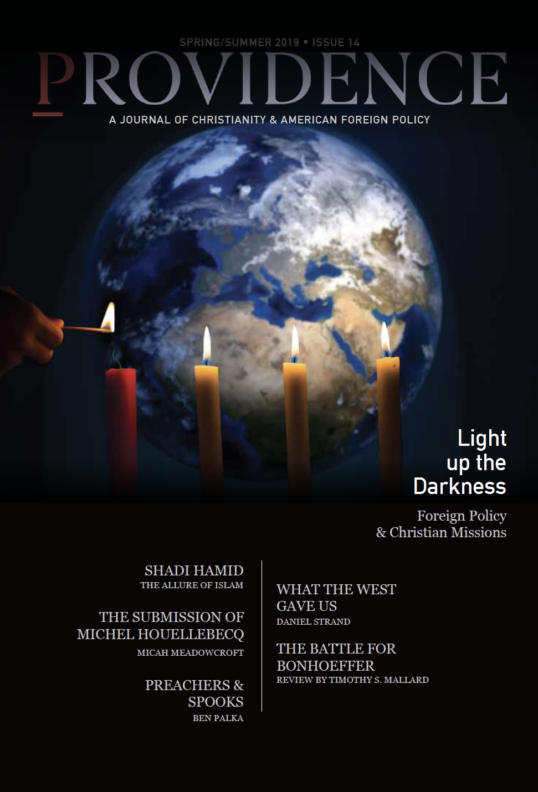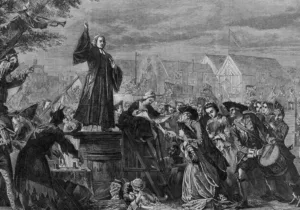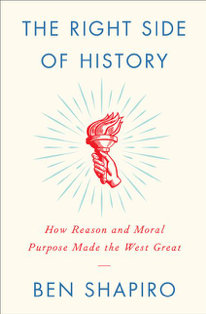
The Right Side of History: How Reason and Moral Purpose Made the West Great, by Ben Shapiro (Broadside, 2019). This broad-sweeping work takes a stab at 3,500 years of Western history and philosophy to argue for the exceptionalism of Judeo-Christian culture, Western civilization, and the United States. The book sets up the twin influences of Athens and Jerusalem as the primary drivers of success in Western society, and the American founding as the best political manifestation of Greek reason and Judeo-Christian values. Shapiro provides a vision of moral purpose and reason that made the West great, how that vision was lost in modern thought, and some suggestions on regaining it.
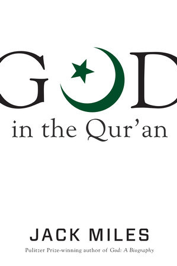
God in the Qur’an, by Jack Miles (Alfred A. Knopf, 2018). Pulitzer Prize-winning author of God: A Biography and Christ: A Crisis in the Life of God, Jack Miles broaches Islamic conceptions of God in his latest book. Miles, a practicing Episcopalian, approaches the subject from the standpoint of a literary critic, asking readers to suspend their personal beliefs about Islam to better understand the literary character of Allah. The book focuses on characters and stories shared by both the Bible and the Qur’an like Adam, Cain, Abel, and Jesus. Miles sets Bible passages alongside the Qur’an to highlight what is distinctive about Allah, attempting to provide insight into the Islamic tradition, an approach that appeals to the religious and secular alike.

What Justice Demands: America and the Israeli-Palestinian Conflict, by Elan Journo (Post Hill Press, 2018). Resolving the Israeli-Palestinian conflict has been a decades-long goal of American foreign policy, although many political leaders seem less interested in the issue than 15 years ago. Elan Journo recognizes disillusionment with the conflict, but he attempts to offer a way forward in his latest book. Journo lays out the main three approaches to the issue: middle-ground moderate, pro-Israeli, and pro-Palestinian. He argues that all of these approaches are inadequate. As an alternative, Journo attempts to present a moral framework of freedom and human dignity and evaluate the conflict through that lens, concluding that America has failed to consistently support these values throughout its involvement in the conflict.
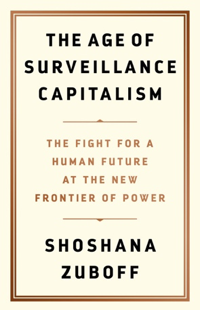
The Age of Surveillance Capitalism: The Fight for a Human Future at the New Frontier of Power, by Shoshana Zuboff (PublicAffairs, 2019). In this tome of original research and analysis, Shoshana Zuboff sounds the clarion call of our digital age. Zuboff lays out the structure and logic of what she terms “surveillance capitalism,” an unprecedented system of commercial incentives, technology, and vast knowledge that feeds off of the data of human experience. She argues that what the industrial excesses of the early twentieth century did to nature, surveillance capitalism is doing to human nature today. Zuboff’s book will no doubt be turned to frequently over the coming years if only for the extensive, original terminology she provides to help understand the disturbing trends at the growing intersection of technology, big business, and everyday human life.
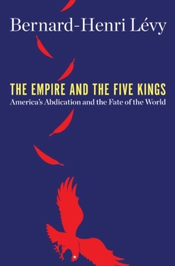
The Empire and the Five Kings: America’s Abdication and the Fate of the World, by Bernard-Henri Lévy (Henry Holt and Company, 2019). French intellectual Bernard-Henri Lévy examines the decline of American power in the world in the face of five growing enemies: Iran, Turkey, Russia, China, and Saudi Arabia/Sunni radical Islamism. With his characteristic erudition, Lévy details the essential elements of America’s creed that have defined its leadership in the world, the abdication of that leadership—beginning before but continued by the Trump administration, and the enemies at the gates of the West and liberal democracy. The book is equal parts philosophical history, cultural commentary, and foreign policy admonitions for America and the West. Lévy implores America to reverse its abdication, arguing that the country is at its greatest when defending the values of the American creed both at home and abroad.
